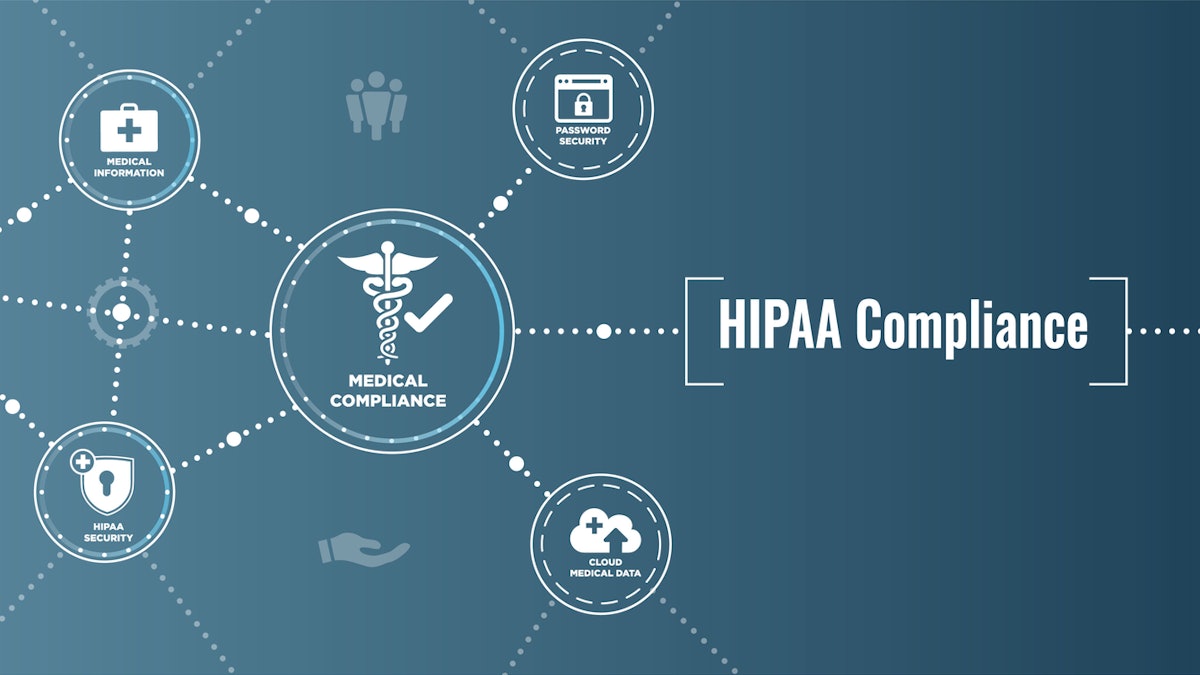The protection of sensitive data is a top concern for all organizations in the age of digital. Health Insurance Portability and Accountability Act has strict guidelines for healthcare for the handling storage, handling, and security of protected medical data (PHI). HIPAA Compliance is important for healthcare providers to ensure privacy and avoid penalties, as well as maintain an excellent reputation.

HIPAA law applies to healthcare providers and health plans, as well as health clearinghouses. Additionally, it covers business partners that are HIPAA-covered. PHI is defined as information that could be used to identify a person, for example, names and addresses, credit cards details as well as social security numbers and medical procedure details and conditions. PHI is highly valuable in the black market due to its potential to be used to commit identity theft.
The HIPAA privacy rules provide guidelines for the use and disclosure of PHI. Covered entities must establish and implement guidelines and procedures to ensure the confidentiality, integrity and accessibility of electronic health information (ePHI). These policies and procedures must contain access controls and procedures for security incidents, security awareness training, as well as other security measures. They must also limit the disclosure and use of PHI to the minimum required to achieve the objective of the usage or disclosure.
HIPAA Security Rules require that covered entities use administrative, physical and technical safeguards to ensure security, confidentiality and integrity of ePHI. These safeguards consist of audit controls and access controls as well as integrity controls as well as transmission safety and a contingency plans. The entities that are covered must periodically conduct risk assessments in order to determine vulnerabilities and then implement mitigation measures.
HIPAA’s Breach Notification Rule obliges covered organizations to inform affected persons, the Secretary of Health and Human Services and in certain instances, media about any breach of PHI that is not encrypted. The term “breach” refers to the acquisition or disclosure or usage of PHI that violates the Privacy Rule and threatens its privacy or security. To determine the likelihood that PHI might be at risk, and to determine the possible damage that may result due to a breach organizations must conduct a risk evaluation.
HIPAA compliance requires ongoing training and education for employees to ensure they know their responsibilities in relation to privacy and security. Employers covered by HIPAA must perform regular risk assessments to determine any potential vulnerabilities and adopt measures to minimize the risks. These measures may include implementing security controls, including encryption of ePHI and preparing contingency plans in the event the event of a security breach.
The advancement of technology has had an enormous impact across all areas of our lives which includes health care. Electronic health records revolutionized healthcare because they allowed healthcare providers and patients to share their information easily. This has led to serious cybersecurity risks and strict compliance with HIPAA is vital. Patients’ data is sensitive and must be kept in a secure environment throughout the day. HIPAA is never more important than it is today, with the growing threat of cyberattacks against healthcare organizations. HIPAA can help ensure the privacy and security of information about patients, building patients’ trust in healthcare providers.
HIPAA can assist healthcare providers in maintaining trust with patients and ensure their privacy. Not complying with HIPAA regulations could result in significant fines, legal action and reputational damage. The Department of Health and Human Services’ Office for Civil Rights (OCR) is responsible in enforcing HIPAA regulations and has the authority to investigate complaints and conduct compliance audits.
HIPAA Compliance is essential for healthcare providers to safeguard Patient Privacy in the Digital Age. HIPAA regulations set out guidelines for managing, storing information, transferring and protecting health information. Healthcare organizations should have established policies and procedures to ensure that they are in compliance with HIPAA rules. They should be conducting regular risk assessments and educate and train their employees. In doing this they will be able to maintain the trust of their patients and be protected from significant penalties and legal actions.
For more information, click importance of hipaa
